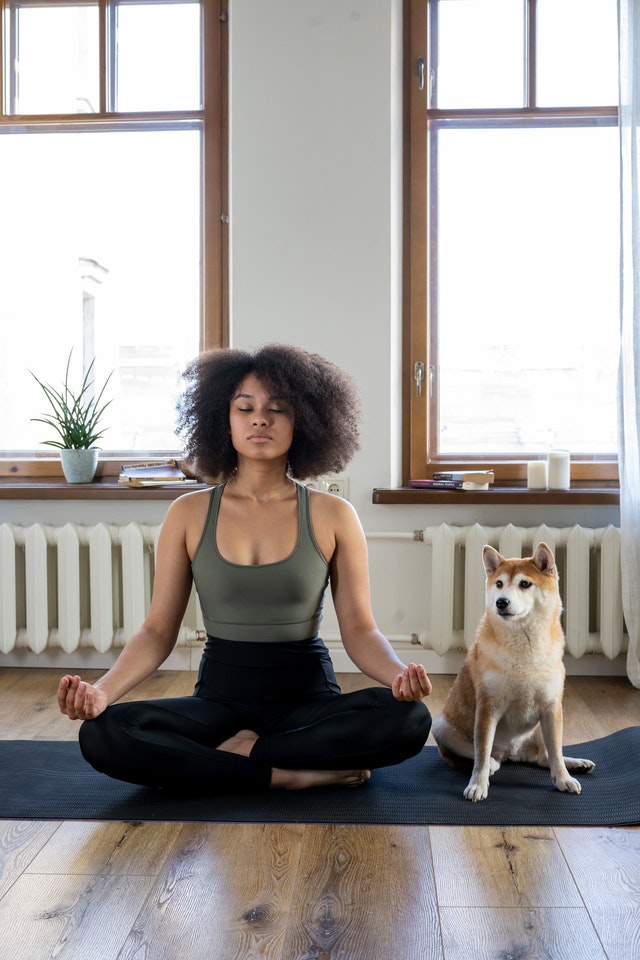The coronavirus pandemic has introduced us to a life that we never thought would ever happen. We’ve completely redefined our norms and learned just how precious the little things are. And, since many people are working from home, they have been spending more time with family, including pets. Having fur babies around certainly has helped me and my family deal with emotional stress and the loneliness that has come from days and weeks of isolation.
I believe this is the case across the globe. In fact, pet ownership in the UK and around the world has skyrocketed. It does make sense that people want the comfort of a furry friend, as life has added so much additional stress lately. That said, some animal rescue organizations are concerned about the long-term effects of this increase in pet ownership. After all, we will eventually shift back to a more regular routine. If this happens, will these pets still receive the attention and care that they need?
These concerns don’t mean you should not get a pet during the pandemic but do consider your situation and ability to care for the pet long-term. Let’s explore some of the considerations to have before committing to a new pet during the pandemic.
The Lifespan of the Pet
Depending on what age your pet is when you bring him or her home, figure out how many years it will spend with you. For example, if you get a puppy, you will likely spend more than a decade of your life with this pet, so it is crucial to plan accordingly. Where do you see yourself in ten to fifteen years? Will a pet still fit into your lifestyle? Even if you rescue an adult dog, plan that he or she will live a full life.
Your Regular Lifestyle Before the Pandemic
Your current lifestyle might permit you to attend to all of a pet’s needs, but think about what happens when things go back to normal. Remember, dogs require daily exercise, training, and regular trips outside throughout the day. Do also think about the pet’s emotional needs. He or she will surely get attached to you and depend on you being there at certain times. A sudden change in schedule could be devastating to an animal.
Again, I’m not saying not to get a pet right now, but do think about how to handle the future. Those plans might include the following:
Ease Separation Anxiety
If you suddenly have a change of schedule, your pet will notice. This can cause stress, anxiety, and even health problems. Let your vet know about any concerning issues and try to find ways to ease their discomfort. I use pet Rescue Remedy and also leave music or the TV playing while I am gone. You can also train your dog to be left alone for a few hours at a time, but this needs to happen slowly. You can also work with a trainer for tougher cases and learn the best techniques for your specific breed.
Hire a Dog Sitter or Walker
If no one in the family is available to help with a new pet, you can always hire someone to check on him during the day. These services can include feeding, walking, playing, and other special needs. Some people choose to use pet daycare centers as well, though, they will cost more than a dog walker.
Getting the Right Dog for You
Now that you have made provisions for your dog’s care post-lockdown, it’s time to consider the breed, size, and temperament of the dog you want. Here are three crucial elements I recommend considering when picking a dog breed.
Energy Level
Your dog’s natural energy levels will be partly affected by its breed, and partly by its personality or nature. High-energy breeds of working dogs, such as border collies, dalmatians, German Shepherds, or Pitbulls, require a family that enjoys lots of activity outdoors. If you are an avid hiker or runner, these breeds could be great for you, but if you’re more of a homebody, consider the dog that will suit your energy level.
Size
Your dog’s size needs to be appropriate for the space you live in and the size of your yard. If you live in an apartment, for example, choose a smaller dog that will be happy living in that space. If you live in the country with plenty of land, owning a larger breed makes more sense. Make sure you conduct research to find out more about each breed you’re considering. Consider what your new pet will eat and whether the cost fits into your budget. Larger breed dogs have different needs than smaller ones. For example, a German Shepherd diet will be more complex and likely need to be researched well.
Age
Everyone wants a puppy, but rescuing an adult dog has its perks, too. Adult dogs are less energetic and more balanced than pups, who can be like little four-legged toddlers! Adopting an older dog would be great for a family with older kids, or for someone who wants to rescue an animal in need.
 Women's Life Link Be Well, Be Happy, Be YOU!
Women's Life Link Be Well, Be Happy, Be YOU!







